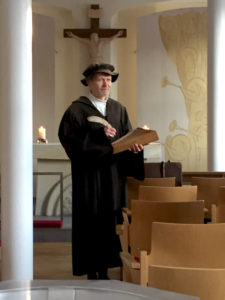 On a quiet morning in January, Managing Director Kristin Lange welcomed Dr. Phillipp Melanchthon and a group of students from the Luther-Melanchthon Gymnasium to the Old Latin School. Melanchthon was portrayed by a friend of the OLS, Mr. Michael Schicketanz, who arranged and led the tour. The day functioned as an object lesson on the original Melanchthon, his life, and his connection to Wittenberg and the Old Latin School. As Mr. Schicketanz explained the spiritual and educational heritage of Luther’s friend, he focused on the construction of many Latin schools in Germany, including our own building.
On a quiet morning in January, Managing Director Kristin Lange welcomed Dr. Phillipp Melanchthon and a group of students from the Luther-Melanchthon Gymnasium to the Old Latin School. Melanchthon was portrayed by a friend of the OLS, Mr. Michael Schicketanz, who arranged and led the tour. The day functioned as an object lesson on the original Melanchthon, his life, and his connection to Wittenberg and the Old Latin School. As Mr. Schicketanz explained the spiritual and educational heritage of Luther’s friend, he focused on the construction of many Latin schools in Germany, including our own building.
The intentional connection of the Church with education emerged out of a Reformation-era enthusiasm to educate not only the nobility, but also the common folk in order that they might learn to read the Bible, confess and defend the new Evangelical Lutheran faith, and, if desired, continue on to higher education at a university. From this ambition developed the so-called “Latin School,” in which students were taught the basic grammar skills–both Latin and German, logic, and rhetoric. The Latin language allowed pupils to participate in both the liturgical church services and academic conversations.
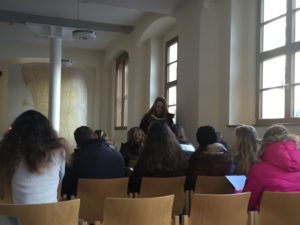 The direct link of the Old Latin School to the church in Wittenberg appeared in the form of the first dual superintendent, Paul Eber, who oversaw both the church and the school life. Building the school only a few meters away from the city church also placed a physical emphasis on faith and catechetical instruction in regular education. Mr. Schicketanz illustrated this by leading a short devotion to instruct his students on how a typical day would have taken place during the school’s earlier days. Including a Scripture reading, a portion of Luther’s Small Catechism, a prayer, and a song, he gave them a view into the history of students before them, as well as the liturgical heritage of Melanchthon.
The direct link of the Old Latin School to the church in Wittenberg appeared in the form of the first dual superintendent, Paul Eber, who oversaw both the church and the school life. Building the school only a few meters away from the city church also placed a physical emphasis on faith and catechetical instruction in regular education. Mr. Schicketanz illustrated this by leading a short devotion to instruct his students on how a typical day would have taken place during the school’s earlier days. Including a Scripture reading, a portion of Luther’s Small Catechism, a prayer, and a song, he gave them a view into the history of students before them, as well as the liturgical heritage of Melanchthon.
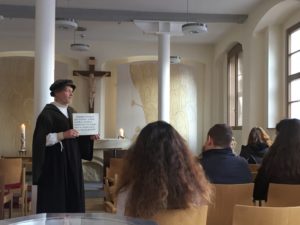 Showing examples of handwriting from earlier centuries, Schicketanz also talked about the reorganization of education, which sorted the pupils into three classes based on their knowledge and ability regarding grammar, logic, and rhetoric. Having these “grade levels” allowed for greater improvement and more focused study, which remains one of the great inheritances of the Reformation.
Showing examples of handwriting from earlier centuries, Schicketanz also talked about the reorganization of education, which sorted the pupils into three classes based on their knowledge and ability regarding grammar, logic, and rhetoric. Having these “grade levels” allowed for greater improvement and more focused study, which remains one of the great inheritances of the Reformation.
Kristin Lange was also invited to give a brief explanation of the current state of the Old Latin School, and how it is still used to further the education of many through conferences and visits. Lange remarked how wonderful it was to welcome this non-church-related group of interested and engaged participants who had grown up in the area and could remember what the Old Latin School looked like before renovations.
For more information on Michael Schicketanz and his work, please visit: https://www.schicketanz.com/melanchthon/ or email him at michael@schicketanz.com

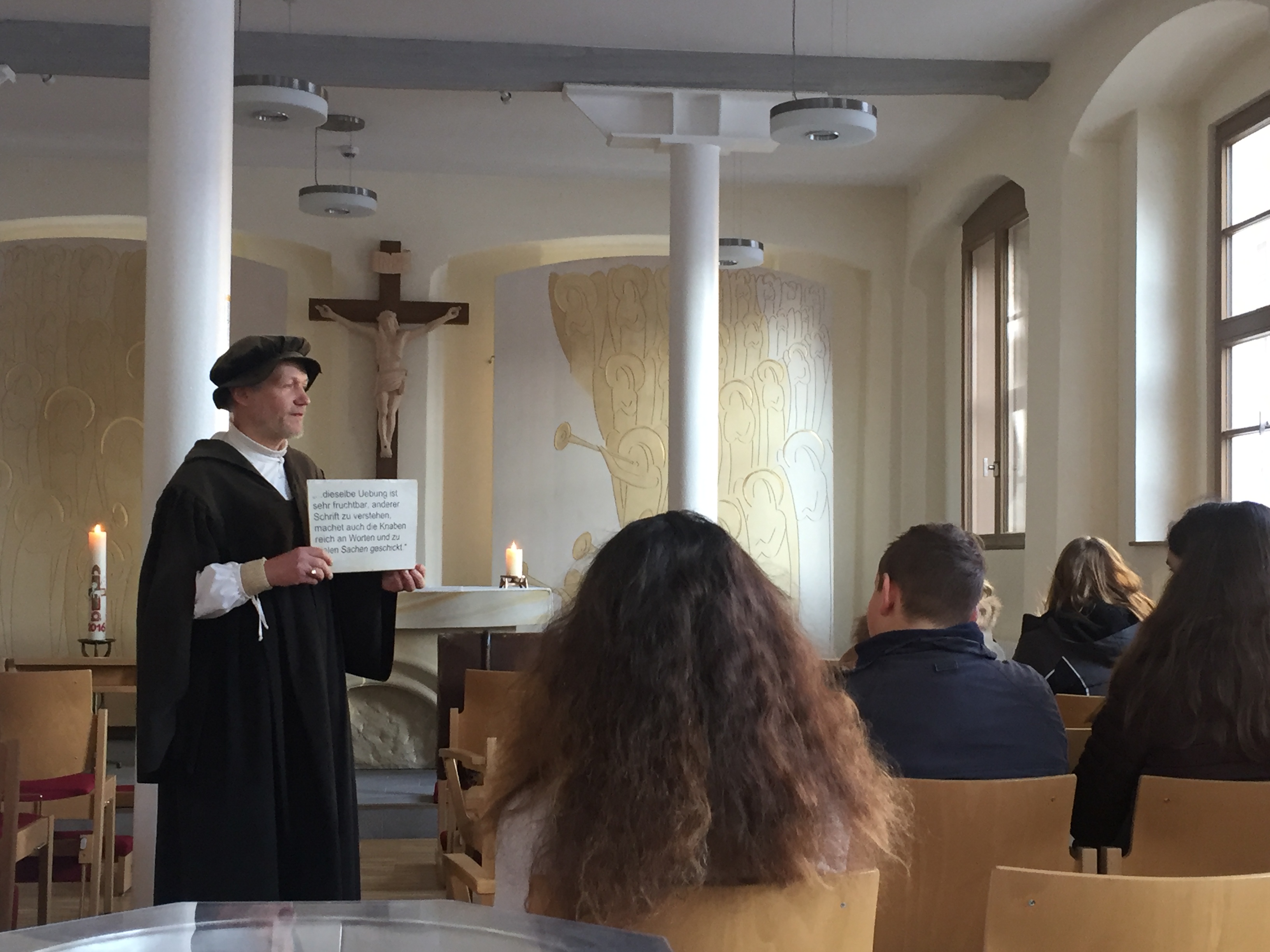


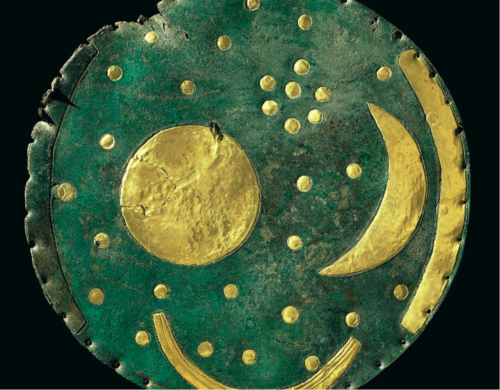
Recent Comments